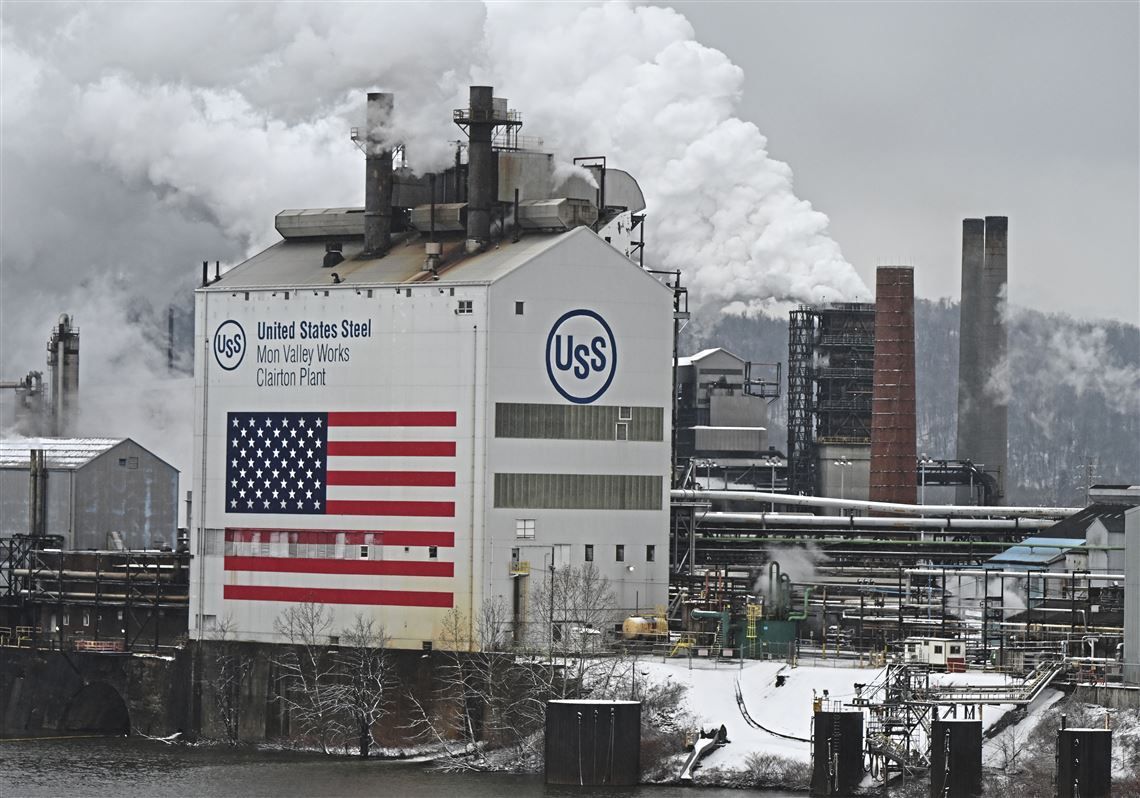Biden Administration Stifles Growth with Block on Steel Merger
The Biden administration faces a lawsuit from U.S. Steel and Nippon Steel, one of Japan’s most prominent steel companies. The two entities jointly decided to sue the U.S. government, attempting to keep alive their merger plans which had been thwarted by Biden’s administration last week. The official justification for this block was an alleged threat to national security posed by the merger, a claim both companies have strongly contested.
In the heart of our nation’s capital, the lawsuit was brought to the federal court, with Biden and several key figures from his administration in the crosshairs. The suit alleges not only obstruction of the review process for political gains, but also levies charges that the administration’s choice is causing significant harm to the American steel industry and its workforce.
President Biden, visibly short-sighted in his decision, has moved to prevent the merger. Interestingly, the move happened following a stalemate within the government panel tasked with evaluating foreign investments. The panel, instead of making the merited decision based on data, opted for an idle position, failing to determine whether the merger should get the green light or not.
It was last Friday when President Biden broke the silence on the matter, stating his actions involve maintaining a strong, locally-owned and administered steel industry. Yet, such a stance seems oblivious to the potential benefits of the merger and the international relationships it could foster. It also seems to question the American values of fair competition and open markets.
The ambitious merger seekers, U.S. Steel and Nippon Steel, have asked for a full-blown re-evaluation of the deal from the Committee on Foreign Investment in the United States (CFIUS). Keen on exploring every legal avenue they have, the companies are seeking a fair and impartial assessment, something they believe was lacking in the initial review process under the Biden administration.
Parallel to their lawsuit against the federal government, the two steel giants have also put forth a separate legal claim against Cleveland-Cliffs. This American steel corporation had previously tried to acquire U.S. Steel, only to be turned down. Now, they find themselves at the receiving end of a lawsuit, standing accused of unlawful interference.
Further expanding the breadth of the litigation, the steel merger hopefuls included Lourenco Goncalves, the key decision-maker at Cleveland-Cliffs, and David McCall, the influential president of the United Steelworkers union, in their claims. Both are alleged to have illegally collaborated to disrupt the proposed merger between U.S. Steel and Japan’s Nippon Steel.
The lawsuit alleges that an underhand coalition between Cleveland-Cliffs and the union leader has contributed significantly to the obstruction of the much-anticipated deal. It seems the accusations aim to shed light on the misleading practices and unfair competition that may have been at play, serving to highlight yet another issue the Biden administration has failed to address effectively.
In response to these serious accusations, McCall has stated he will staunchly defend against the raised claims, citing them as baseless. While this expected reaction is not surprising, it further complicates an already entangled web of lawsuits and fosters an environment of hostility in the industry.
It remains to be seen how the administration, under the leadership of Biden and Harris, responds to these accusations and lawsuits. If they truly defend the actions of blocking the merger, it would serve as another example of their detrimental stance on foreign investment and potential growth avenues for the American economy.
Given they have already been stalled through government intervention, it is quite evident that any decision coming out from the Biden administration would not find favor with U.S. Steel and Nippon Steel. While the fight for the merger continues, it also exposes the misconstrued ‘protectionist’ measures of the current administration.
The possibility of a re-evaluation from CFIUS may prove to be the silver lining for the companies hoping for the merger. However, the specter of potential bias under the influence of the Biden administration could still be seen as a possible hindrance to a fair outcome.
The haste with which the Biden administration blocked this merger provides a clear view of its narrow perspective on foreign investments. This act, seen through the lens of the present lawsuit, suggests a disregard for the potential of such investments in stimulating economic growth and creating jobs.
As this unfolds, the critical question of how the Harris-Biden leadership approaches business, especially in industries of national significance like steel, comes front and center. Their seemingly ill-judged and subjective stances could harm America’s competitive edge, leading to the stifling of business innovation and economic growth.
Clearly, their decisions continue to disenchant the business community. The present legal battle over the U.S. Steel and Nippon Steel merger could very well be a landmark case, setting a precedent on the administration’s stance on foreign investment and corporate growth.

